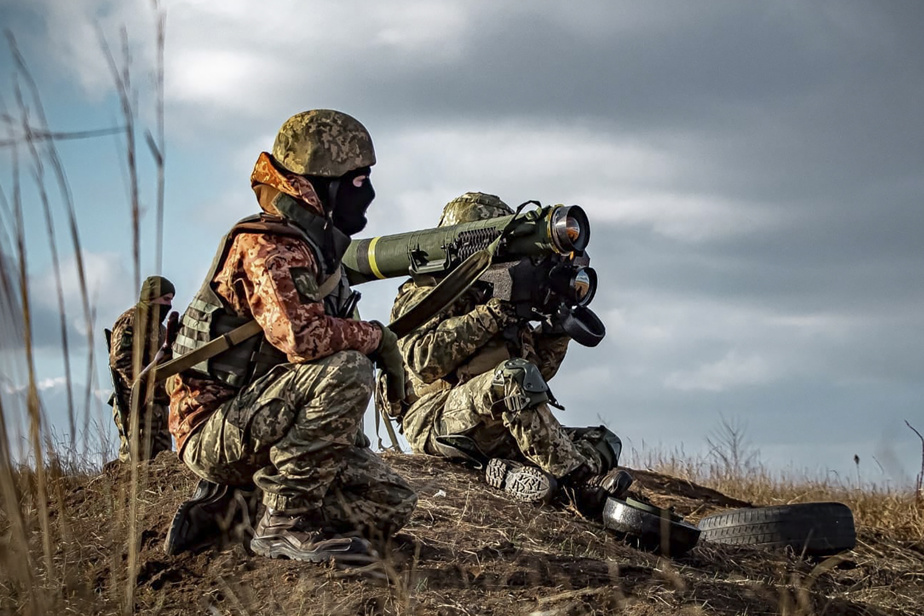In a heavy international silence, The Economist has chosen to put the terrible Sudanese conflict on its front page. “Why Sudan’s catastrophic war is the world’s problem,” is the headline of the British weekly. On the cover, a group of children and teenagers stare into the camera and the reader, their gazes as if filled with a silent question.
Since April 15, 2023, the Sudanese civil war has pitted the country’s army against a formerly allied paramilitary group, the Rapid Support Forces (RSF). But it is above all the confrontation of two men, who were allies when they took power and are now declared enemies: the de facto head of state, General Al-Burhan, and Mohamed Hamdan Daglo, known as “Hemeti.”
“Maybe 150,000 people massacred”
For more than a year, a political and humanitarian catastrophe has been tearing the country apart. “Its capital [Khartoum] has been razed, perhaps 150,000 people have been massacred and the bodies pile up in makeshift cemeteries visible from space. More than 10 million people, a fifth of the population, have been forced to flee their homes. A famine looms, which could be more deadly than the one Ethiopia experienced in the 1980s: some estimate that 2.5 million civilians could die by the end of the year,” warns The Economist.
A political crisis and also “the worst humanitarian crisis in the world,” which could degenerate into a geopolitical crisis. Because, as the British title reminds us, Sudan’s geographical position and its size (more than three times the surface area of France) can fuel chaos beyond its borders.
Added to this internal war are the appetites of other countries that feed and support the two belligerents, according to their interests. The United Arab Emirates (UAE) is supplying the RSF with ammunition and drones, while Iran and Egypt are arming the Sudanese army. Meanwhile, Russia is playing both sides and has deployed mercenaries to secure the country’s gold mines. Saudi Arabia, Turkey and Qatar are also vying for influence there.
This article is originally published on fr.news.yahoo.com








